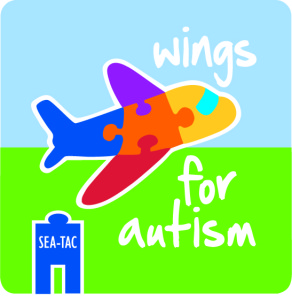The Arc Reacts to Department of Justice’s Inspector General Beginning Investigation Into Storefront Sting Operations Involving People With Disabilities
Washington, DC – In response to the news that the U.S. Department of Justice’s (DOJ) Inspector General will be investigating storefront stings in four of the cities that used people with intellectual disability (ID) to facilitate operations without their knowledge, The Arc released the following statement:
“We are pleased that the Inspector General is taking this important step, as we requested in our letter to the agency, to find out how these operations that used people with intellectual disability could have occurred, and we hope that the results of this inquiry are the end to this practice across all operations conducted by the Department of Justice. Because of the unique challenges people with intellectual and developmental disabilities face in the criminal justice system, as either suspects, offenders, or victims, they should not be used as pawns or informants by ATF agents or other law enforcement officials. We are working with the Bureau of Alcohol, Tobacco, Firearms and Explosives to determine how The Arc can help train federal agents to recognize intellectual disability and keep this population out of their operations,” said Peter Berns, CEO of The Arc. “Many people needing help in the criminal justice system have disabilities that are not easily recognizable, and we hope to raise awareness among law enforcement nationwide about ‘hidden disabilities’ to increase the safety and protect the rights of people with I/DD.”
When The Arc first learned that storefront sting operations were entrapping and exploiting people with ID and then charging some for the crimes ATF agents asked them to commit, we reached out to the U.S. Department of Justice expressing our concerns. Since then, The Arc has met with high-level officials within the DOJ and the Bureau of Alcohol, Tobacco, Firearms and Explosives to discuss these cases and offer assistance with training of federal law enforcement officials.










